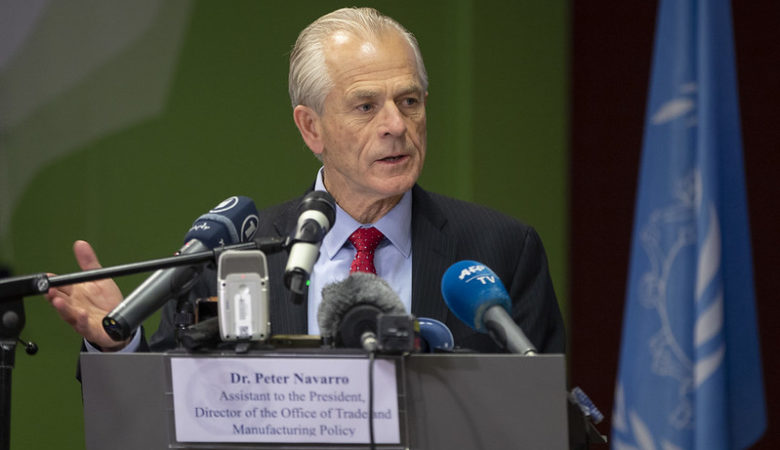Executive Order on Counterfeit Crackdowns Protects Intellectual Property and Consumers
Online marketplaces have disrupted traditional retail by putting millions of competing products a few clicks away. But everything comes with a price. E-commerce not only eases the way unscrupulous actors con shoppers, but it also increases the amount of small package imports that go unchecked by border agents. Online counterfeits are a known poison in the system.
On Jan. 31 U.S. President Trump issued an Executive Order 13904 to protect US consumers from foreign counterfeiters on e-commerce platforms. The order is called “Ensuring Safe & Lawful E-Commerce for US Consumers, Businesses, Government Supply Chains, and Intellectual Property Rights” and it grants the U.S. Customs and Border Protection (CBP) of the Department of Homeland Security (DHS) more leeway in enforcing U.S. import customs laws. It is a follow-up to an April 3 2019 Presidential Memo assessing the degree of harm counterfeits inflict on the US economy.
The Government Accountability Office found that on popular e-commerce websites, 20 out of 47 items they bought from third party sellers were counterfeit, illustrating how widespread this phenomenon is. The President’s objective is to prevent imports of counterfeits, narcotics, and contraband which are often listed on e-commerce platforms. The goal of the E.O. is to build a comprehensive importer record program that would allow CBP to efficiently identify international packages likely to contain illicit products.
CBP oversight of domestic warehouses transporting international packages will be greatly increased, leading to more effective customs law enforcement. DHS will develop a compliance score of foreign postal services, based on several legal factors, then determine whether or not they abide by the standards of the law. If the foreign post is deemed non-compliant, DHS can then inquire further about each individual package coming in from that foreign service, opening more opportunities for the CBP to seize counterfeit shipments.
The CBP can also suspend people or companies with a proven counterfeit streak from shipping into the US. In the US, e-commerce firms are not to do business with entities which have been suspended by the CBP and distribution centers are to report on packages they believe may have illegal contents. If US firms knowingly do business with suspended firms, then they will receive fines. In all, this new E.O. is expected to significantly improve customs enforcement, but will require compliance by US firms too.
Several companies are already ramping up making contributions towards a solution. In the weeks leading up to the public announcement of the Order, representatives from the largest online retailer Amazon met with Administration officials regarding ways to improve counterfeit law enforcement. Amazon agreed to let officials know available information about known merchants of fake products using the site and to terminate their Amazon account. In 2018, the company even spent $400 million to fight against fraud on their own. Late last year eBay’s former CEO met with Commerce Secretary Peter Navarro, White House economic advisor and key figure in the anti-counterfeit push, to discuss the problem.
The next step in putting the E.O. into action will be a Notice of Proposed Rule Making by the Department of Homeland Security requesting comments on criteria importers must meet in order to obtain an importer of record number.
We will see more and more crackdowns on counterfeits by the CBP and these large e-commerce platforms. Being tougher on counterfeits means not only will producers like Nike and Apple receive the earned rewards for their copyrights, but the law also means everyday shoppers will benefit from higher quality and safer products.
Photo Credit: United States Mission to Geneva

